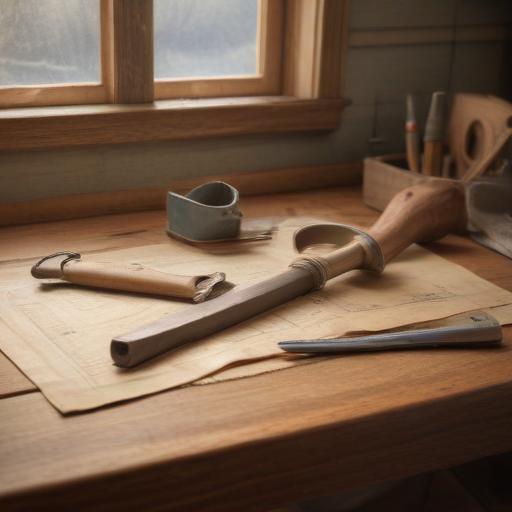Home renovator Nicole Curtis returns to Michigan for the ninth season of HGTV’s “Rehab Addict,” focusing on a vintage 1928 home in Detroit. Curtis is dedicated to preserving the character of older homes, advocating against the gut-and-flip mentality often favored by developers.
Known for her significant rehabilitation of the Ransom Gillis House in 2015, she believes that maintaining original details is essential for the historical value of homes. “I’m not a flipper. I want to showcase the original charm that makes these houses special,” she stated. Her approach involves extensive restoration work, including necessary renovations like asbestos abatement and lead remediation, which she argues are critical in maintaining the home’s essence rather than simply applying cosmetic updates.
Curtis aims to spotlight areas in Detroit that are often overlooked in favor of trendy developments, emphasizing, “There’s beauty in the small houses that often get neglected.” She has expressed concern about the fate of these historical structures, insisting that they should not be replaced or significantly altered. “It’s our collective history; if we don’t stand up for it, these pieces of our past might disappear,” she said.
Throughout the season, Curtis will not only be working on the Detroit house but will also take her team to Wyoming, bringing her distinct restoration style and passion along. The premiere of “Rehab Addict” is set for June 24, with anticipation building as she prepares to share her journey of restoring homes with historical significance.
In a move to enhance community engagement, Curtis plans to open both the newly renovated Detroit house and the Ransom Gillis House for public tours post-season, reflecting her dedication to sharing history through her work. Each episode from the latest season will be available to stream the following day on platforms like HBO Max and Discovery+.
Nicole Curtis’s ongoing commitment to historic preservation not only highlights the beauty of Detroit’s architectural past but also inspires a broader conversation about the importance of maintaining cultural heritage in the face of modern development.
